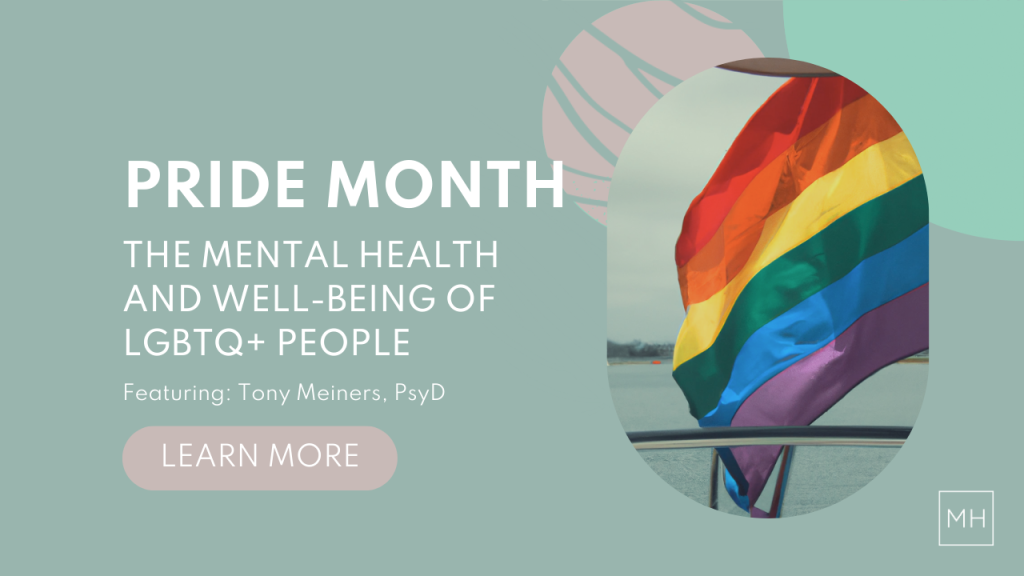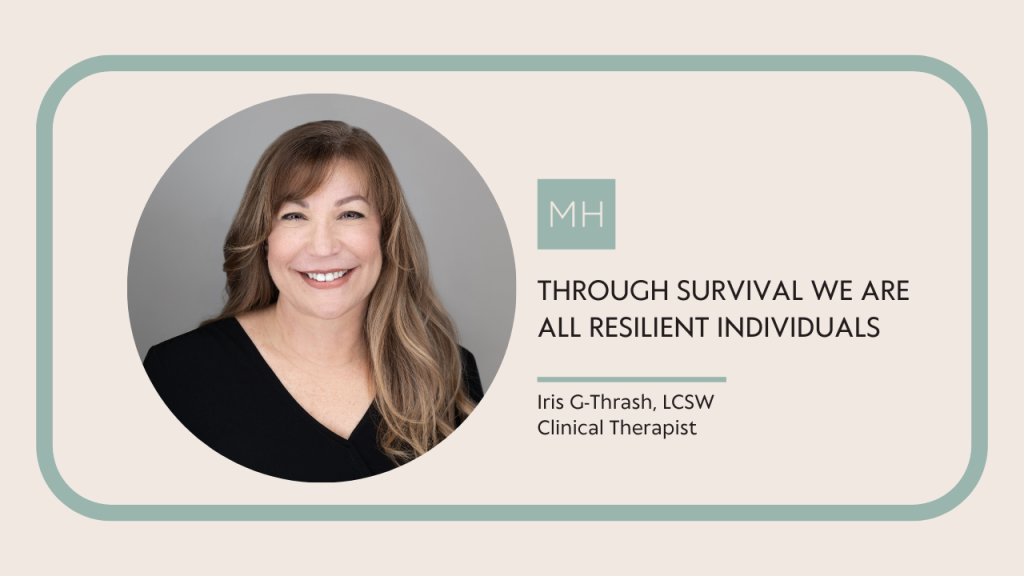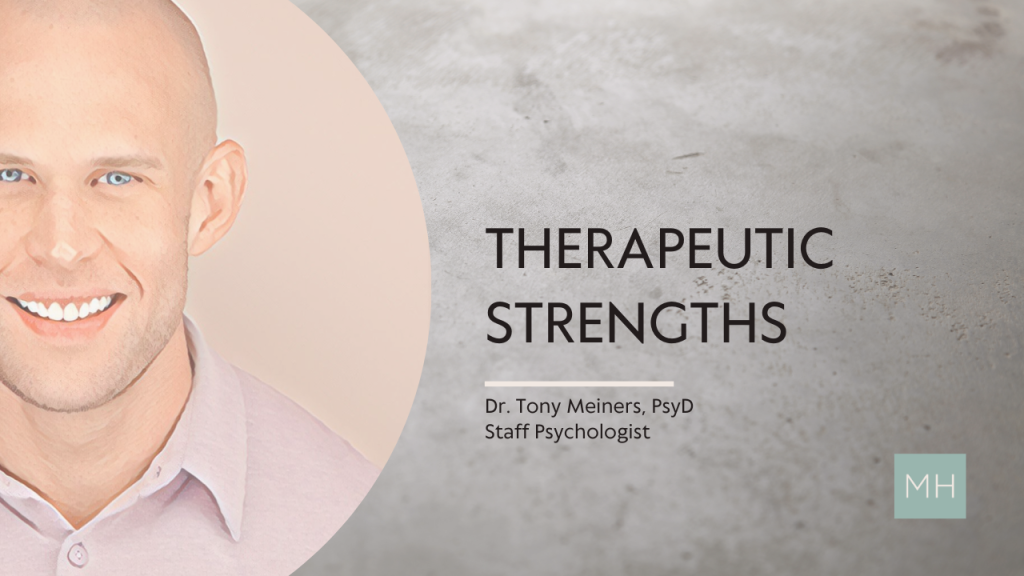PRIDE MONTH :: THE MENTAL HEALTH AND WELL-BEING OF LGBTQ+ PEOPLE
Pride Month is a time to celebrate the diversity and resilience of the LGBTQ+ community. It is also a time to raise awareness and advocate for the mental health and well-being of LGBTQ+ people, who face higher rates of stigma, discrimination, and violence than the general population. According to a 2021 survey by The Trevor Project, 94 percent of LGBTQ+ youth reported that recent politics negatively affected their mental health, and 42 percent had seriously considered attempting suicide in the past year.
THE BEGINNING OF PRIDE
It is important to remember the reason Pride began. On June 28th of 1969, the police raided a gay club in New York City called the Stonewall Inn. It was a common thing of the time for raids to end in the arrests of multiple queer individuals who were only trying to seek solace in a place where they could express themselves without shame and fear. The Stonewall riots represent one of the pivotal times that the queer community rose up to resist the harassment and arrests of queer individuals. 13 individuals were arrested for breaking the gender-appropriate clothing statute, in which people were required to dress in accordance with their biological sex. Although Stonewall did not mark the very beginning of the gay rights movement, it was a galvanizing effort for the queer community and created momentum that continues to this day.
LONGTERM PREJUDICE + DISCRIMINATION
Decades later, the queer community still continues to experience the effects of long term prejudice and discrimination. Of the population that identifies as being LGBTQ+, 39% of them reported having a mental illness in the past year in one major study. This is almost 5.8 million people, which is more than the entire population of Kentucky. Research also demonstrates that the LGBTQ+ community is at greater risk of developing mental health disorders and substance use disorders. When you add in compounding intersectionality (i.e. BIPOC, physical disabilities, or low SES), the risk increases. The queer community frequently cites internalized homophobia/biphobia/
MENTAL HEALTH BENEFITS OF PRIDE CELEBRATIONS
One of the benefits of celebrating Pride is that it provides opportunities for LGBTQ+ people to connect with each other, find support, and feel a sense of belonging. Research has shown that LGBTQ+ people who report more connectedness to the LGBTQ+ community are less likely to report suicidal behavior. Pride events also offer a chance to express one’s identity and authenticity, which can boost self-esteem and confidence. Being proud of who you are is one of the best ways to protect your mental health.
INCLUSIVE + AFFIRMING HEALTH CARE
However, Pride is not enough to address the mental health challenges that LGBTQ+ people face. There is a need for more inclusive and affirming mental health care, education, and policies that respect and protect the rights and dignity of LGBTQ+ people. There is also a need for more research and data on the diverse experiences and needs of LGBTQ+ people across different ages, races, ethnicities, genders, and sexual orientations.
EQUALITY + FREEDOM
Pride in June serves as a reminder for the queer community’s continued fight for equality and freedom to express oneself. Gatherings during pride month are not a way to showcase who people are in relationships with or interested in. It is so the family next door knows that they are safe. It is so the couple holding hands in public knows that they are not being judged. It is so the little kid wanting to express himself how he chooses can do so without fear. Pride is about reminding the queer community that they are supported, valued, and that they belong.
“Owning our story and loving ourselves through the process is the bravest thing we will ever do.” – Brene Brown
Written by: Dr. Tony Meiners, PsyD
DO YOU HAVE A QUESTION?
Send our team a message or call 888.717.9355


